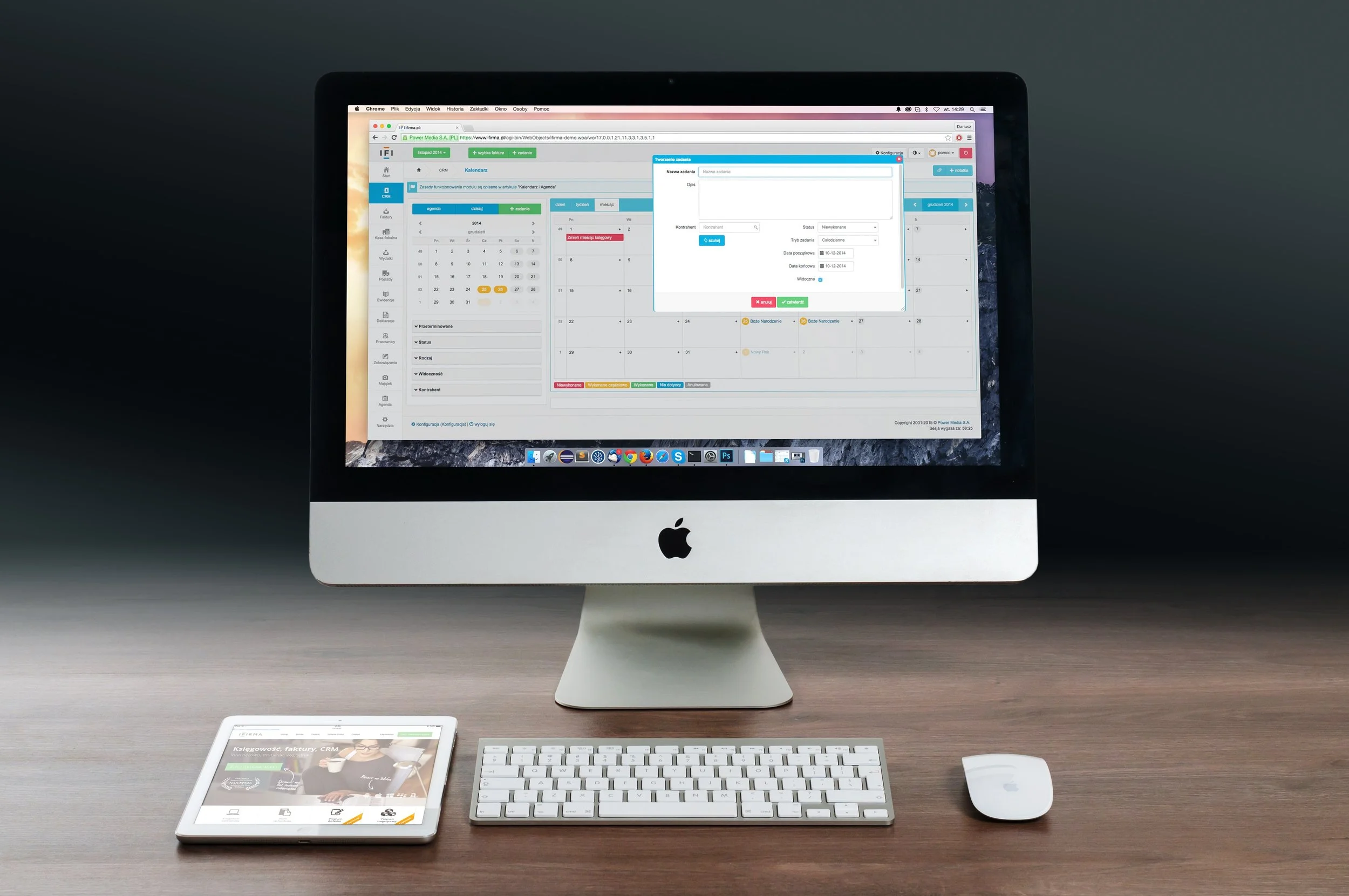Alternative Operating Systems
There are many operating systems available in addition to Microsoft Windows, and each has its own unique features and benefits. Some people choose to use alternative operating systems because they offer better performance, security, or customization options, while others may prefer the user interface or available software. Here are a few examples of popular operating systems that are alternatives to Windows:
macOS
Developed by Apple, macOS is the primary operating system for Mac computers. It is known for its sleek design and user-friendly interface, as well as its integration with other Apple products like iPhones and iPads. Many creative professionals, such as photographers and graphic designers, prefer macOS due to the wide range of design and editing software available for it.
Compatibility with Other Devices
One of the main benefits of macOS is its compatibility with other Apple products. For example, users can seamlessly sync their iPhones and iPads with their Macs, allowing them to access files and documents on all of their devices. This can be especially useful for individuals who use their Apple products for work or personal organization.
Interface
Another benefit of macOS is its user-friendly interface. It is designed to be easy to use, with a intuitive layout and useful features like the Dock, which provides quick access to frequently used applications. macOS also includes a wide range of built-in applications for tasks such as email, web browsing, and photo editing.
Security
In addition to its compatibility with other Apple products and user-friendly interface, macOS is also known for its stability and reliability. It is a mature operating system that has been around for many years, and it receives regular updates to fix vulnerabilities and improve performance.
Linux
Linux is a free, open-source operating system that is highly customizable and widely used in a variety of settings, including servers, supercomputers, and personal computers. It is known for its stability and security, as well as its ability to be tailored to specific needs. Linux also has a large community of developers and users who contribute to its development and support. . One of the unique features of Linux is the availability of a wide variety of "distributions," or "distros," each with its own specific features and purposes.
There are so many different Linux distros because the source code for the operating system is freely available and can be modified and redistributed by anyone. This has resulted in a diverse community of developers creating their own customized versions of Linux for a variety of purposes.
Some popular Linux distros include:
Ubuntu: A user-friendly distro with a focus on stability and ease of use
Fedora: A cutting-edge distro that is often used for testing new technologies
Linux Mint: A distro based on Ubuntu that is known for its customizable interface and user-friendliness
Debian: A stable and reliable distro that is widely used as a base for other distros
Arch Linux: A lightweight and customizable distro that is popular among more advanced users
One of the benefits of having such a wide variety of Linux distros is that it allows users to choose one that is tailored to their specific needs. For example, someone who is new to Linux might prefer a user-friendly distro like Ubuntu, while someone with more advanced technical skills might prefer a customizable distro like Arch Linux.
In addition to being able to choose a distro based on its features and purposes, Linux users can also "custom tune" their operating system by installing and configuring specific software and settings. This allows them to create a system that is tailored to their individual needs and preferences.
Chrome OS
Developed by Google, Chrome OS is a lightweight operating system developed by Google that is designed for use with laptops known as Chromebooks. It is based on the Linux kernel and primarily web-based, relying on internet connectivity for many of its features.
Ease of Use
One of the main benefits of Chrome OS is its ease of use. It has a simple, intuitive interface that is easy to navigate, and because it is primarily web-based, it is easy to access a wide range of applications and services online. This makes it well-suited for individuals who do most of their computing online, such as students or professionals who use Google's suite of productivity tools.
Security
Another benefit of Chrome OS is its security. Because it is based on the Linux kernel, it is inherently more secure than operating systems that are based on proprietary code. In addition, Chrome OS receives regular updates from Google to fix vulnerabilities and improve security. This makes it a good choice for businesses and organizations that need to protect sensitive data.
Affordability
Another advantage of Chrome OS is its affordability. Chromebooks are generally less expensive than traditional laptops, and because they rely on web-based applications and cloud storage, they do not require expensive software licenses or large hard drives. This makes them a cost-effective choice for schools and businesses
There are many operating systems available besides Windows, each with its own unique features and benefits. Some people may choose to use an alternative operating system due to its performance, security, customization options, or user interface, while others may prefer the available software or integration with other products. We offer full support for all operating systems. Custom-tailored configuration and guidance when choosing or exploring various operating systems.





